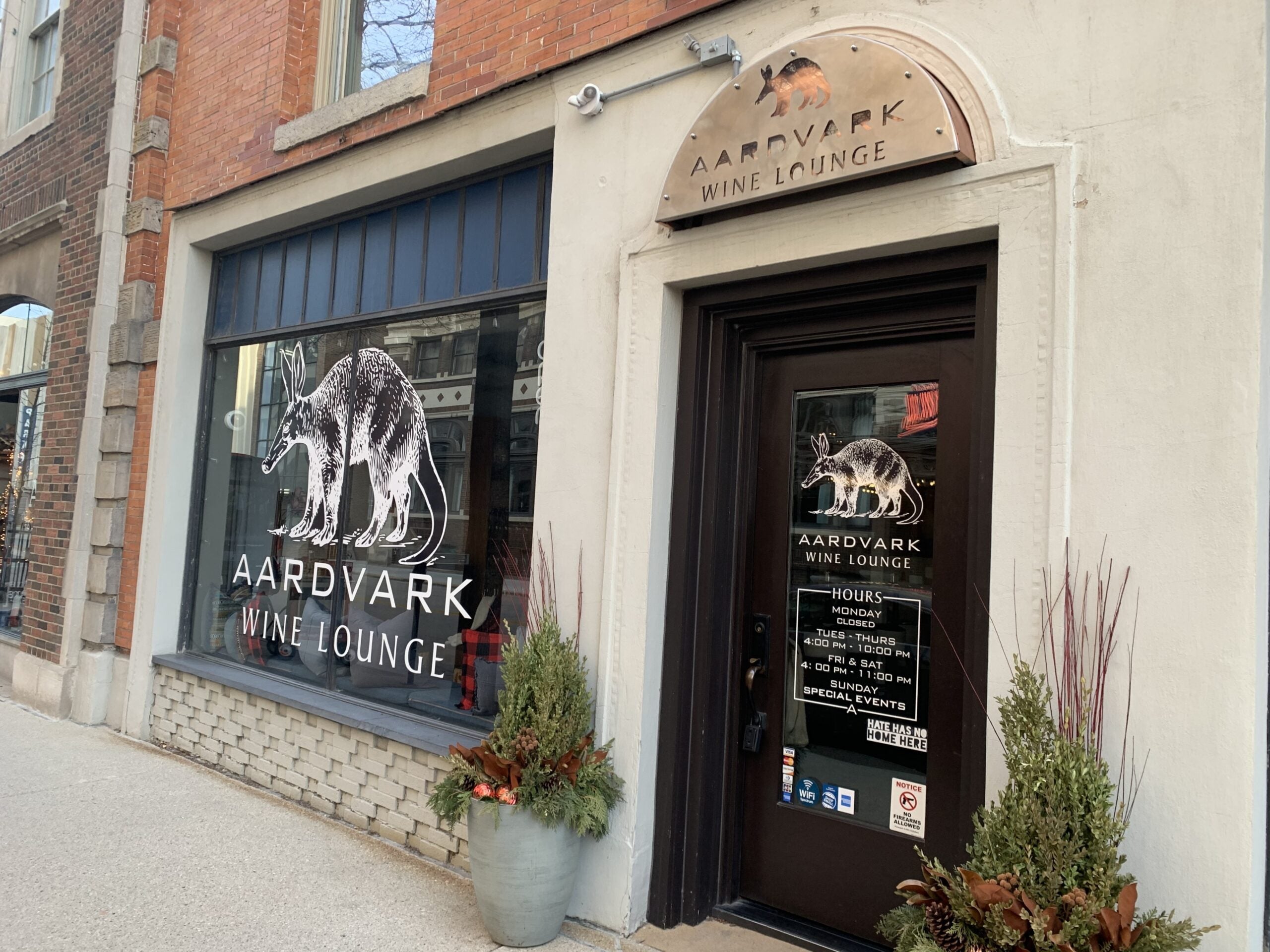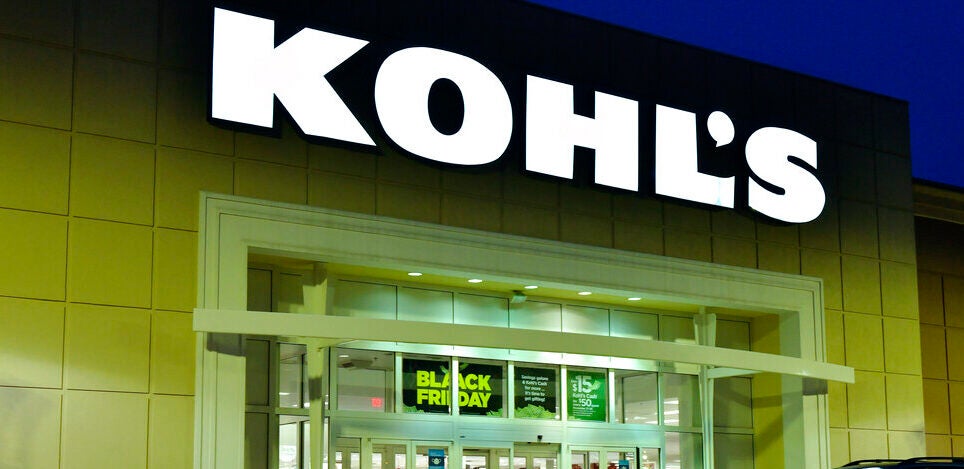It’s been about 18 months since Jillian Dempsey took over Aardvark Wine Lounge in Green Bay. The small business was thriving before the coronavirus pandemic hit. Now, it’s unpredictable, Dempsey said.
The downtown wine bar pivoted early in the pandemic, operating as a no-contact wine store. The unique selection kept customers coming back to buy bottles, but didn’t make up for lost revenue from closing the bar, Dempsey said.
Over the last few months, Aardvark has reopened in stages. Of course, things still aren’t back to normal, and Dempsey has had to get creative. She partnered with a local florist to offer Mother’s Day packages: a bouquet and a bottle of wine for pick up. She’s also done virtual tastings with bachelorette groups and corporate clients.
Stay informed on the latest news
Sign up for WPR’s email newsletter.
Dempsey said she’s proud so many downtown Green Bay businesses have figured out ways to make it work during the pandemic. But for small business owners, it can be a balancing act.
Last week, the University of Wisconsin-Oshkosh Center for Customized Research and Services (CCRS) released the results of its November survey on the economic impact of COVID-19. The latest findings show it hasn’t been easy for small businesses in Wisconsin to make long-term shifts in response to the pandemic.
A lot of small businesses, including restaurants and retail stores with fewer than five employees, have felt pressure to offer online ordering and delivery. But there are things people don’t understand about implementing those services, said Jeffrey Sachse, interim director of CCRS.
For example, the knowledge and passion that small business owners bring to the table can be difficult to translate, Sachse said. Aardvark has found ways to continue sharing the stories behind its wines online, but it hasn’t always been easy to manage the technology, especially when the wine bar had to reduce its staff early in the pandemic, Dempsey said.
“I don’t have a person who does these things for me, so yes, there have been some snafus,” she said.
Plus, a reliable inventory of products is essential when it comes to e-commerce, but many small retailers order just a few wholesale items at a time, Sachse said.
“A lot of businesses may start doing e-commerce, but then quickly find out that their customers get frustrated because they keep getting out-of-stock notices,” he explained.
The principal carries over to restaurants, too. Especially in smaller towns, restaurants don’t want to risk over ordering just to ensure they don’t disappoint a delivery customer by running out of something they ordered online, he said. Aardvark offers small plates, but it hasn’t expanded into food delivery during the pandemic, because it’s too difficult to keep up with online orders while serving tables outside or in the lounge, Dempsey said.
And when it comes to expanding to online ordering and delivery, businesses must look beyond the pandemic, Sachse said. It’s not just about getting by now, because once those online services are available, customers will continue to expect them.
“I think that’s just one of those things that a lot of businesses are trying to balance right now. They don’t want to change their entire business model, but they still want to bring cash in at a time when their access to customers is really constrained,” he said.
It’s An Unusual Holiday Season For Wisconsin Businesses
The survey found it’s been easier for businesses to make short-term changes. About 20 percent said they’ve installed physical barriers or changed their layout. More than 30 percent reported altering their hours during the pandemic, and shorter hours often means fewer employees are needed.
Hiring hasn’t picked up much during this typically busy season for restaurants and retail, Sachse said. It’s a troubling trend. Nearly 500 Wisconsin business owners answered the survey last month. They reported hiring a total of 52 new employees.
While firms in the construction and manufacturing industries reported income gains in October, it wasn’t a strong month across the board.
Small businesses bring culture and character to a community, Dempsey said. Sachse said the importance of shopping local has reached a new level this holiday season.
Going into the colder months, with projections showing the pandemic may get worse in Wisconsin, business owners are still feeling a lot of uncertainty, Sachse said. Thirty percent of those surveyed said their businesses may not survive past six months if conditions don’t change.
But Dempsey said she believes businesses that do make it through the pandemic will be stronger for it, she said.
“It’s always good to kind of expand your mind and your possibilities about what you can do, what you can offer, and this has forced us to really do that,” she said.
Wisconsin Public Radio, © Copyright 2025, Board of Regents of the University of Wisconsin System and Wisconsin Educational Communications Board.







